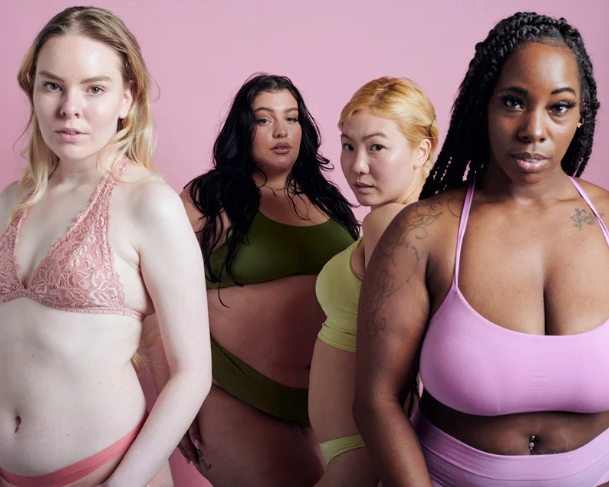The female form when presented in a manner that is not for the explicit purpose of male consumption is disgusting to insecure men. But perhaps this ‘disgust’ is a cover for their true reaction: fear. To those who prefer to see us as inferior, one-dimensional, and seek to supress us, to be confronted with the complexities and depth of women and queer people, capable far beyond our patriarchally-assigned role, is nothing short of terrifying.
By Elio Wilder (they/them)







